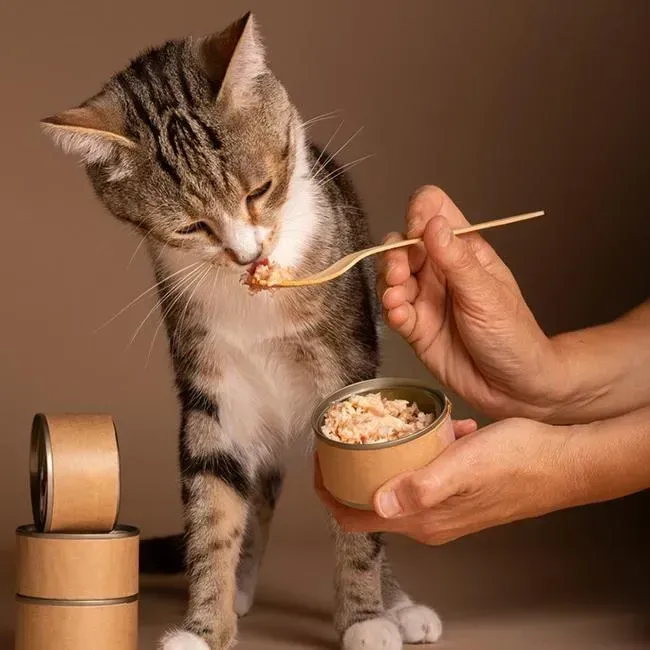Expert Cat Nutrition Guidance in Stockton, CA
Cat Nutrition: Everything You Need to Know
Cats are unique creatures with specific dietary needs. Providing a balanced diet is essential for your cat’s health, happiness, and longevity. Let’s dive into the key aspects of cat nutrition and how to ensure your feline friend is getting the best.
Why is Nutrition Important for Cats?
A well-balanced diet keeps your cat’s immune system strong, supports healthy growth, maintains an ideal weight, and contributes to a shiny coat and strong teeth. Proper nutrition helps prevent common health issues like obesity, diabetes, and kidney disease.
What Nutrients Do Cats Need?
Cats are obligate carnivores, meaning they need specific nutrients only found in animal tissues. Here are the essential nutrients that should be part of their diet:
Taurine
Taurine is an amino acid critical for heart health, vision, and reproduction. Since cats can’t produce taurine naturally, it must come from their diet.
Fats
Healthy fats are essential for energy, skin health, and coat condition. Omega-3 and omega-6 fatty acids are particularly beneficial.
Vitamins & Minerals
Cats need vitamins A, D, E, and B-complex, as well as minerals like calcium and phosphorus to support bone health and metabolic functions.
Protein
Cats require high-quality animal-based proteins for muscle growth and tissue repair. Look for diets that include chicken, fish, or beef as primary ingredients.
Water
Cats naturally have a low thirst drive, so hydration is essential. Canned cat food can help provide additional moisture, which is beneficial for kidney health.
Choosing the Right Food for Your Cat
Dry Food vs. Wet Food
Both dry and wet foods have their benefits. Dry food is convenient and good for dental health, while wet food helps with hydration and is closer to a cat’s natural diet.
Reading Labels
Look for foods labeled “Complete and Balanced,” which meet the nutritional standards set by AAFCO. Avoid fillers like corn, wheat, and soy as they offer little nutritional value.
Portion Control
Overfeeding can lead to obesity, a common problem in cats. Consult your veterinarian to determine the right portion size based on your cat’s age, weight, and activity level.
Foods to Avoid
Certain foods can be toxic to cats, including:
Chocolate
Garlic and onions
Grapes and raisins
Alcohol
Dairy products (many cats are lactose intolerant)

Testimonial
What They Say

Was looking for a new Vet near me in Stockton and very happy with Walker Vet Hospital! Customer service, informative, and compassionate with staff and doctors. Give a 10 out of 10. Taking all three of my dogs there happily.


Rae W.

Good value and knowledgeable. No waiting most of the time. Always 2-3 doctors at a time and weekend care available which is appreciated. All of our three dogs been going to Walker Vet in Stockton for some time now. Never any complaints.


Nick G.

Review Us!
Visit our Google review page to share your feedback

Review Us!




